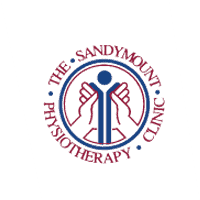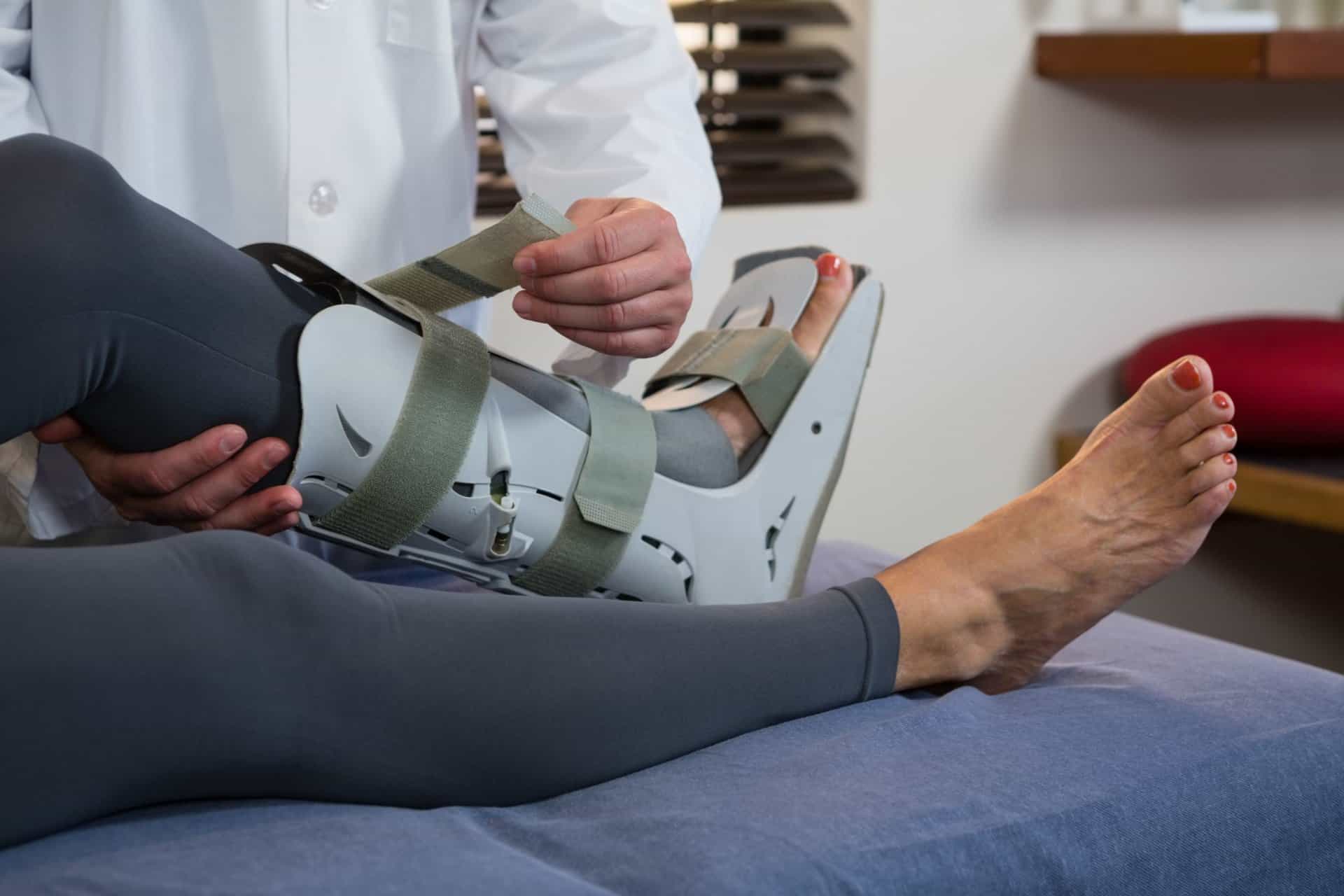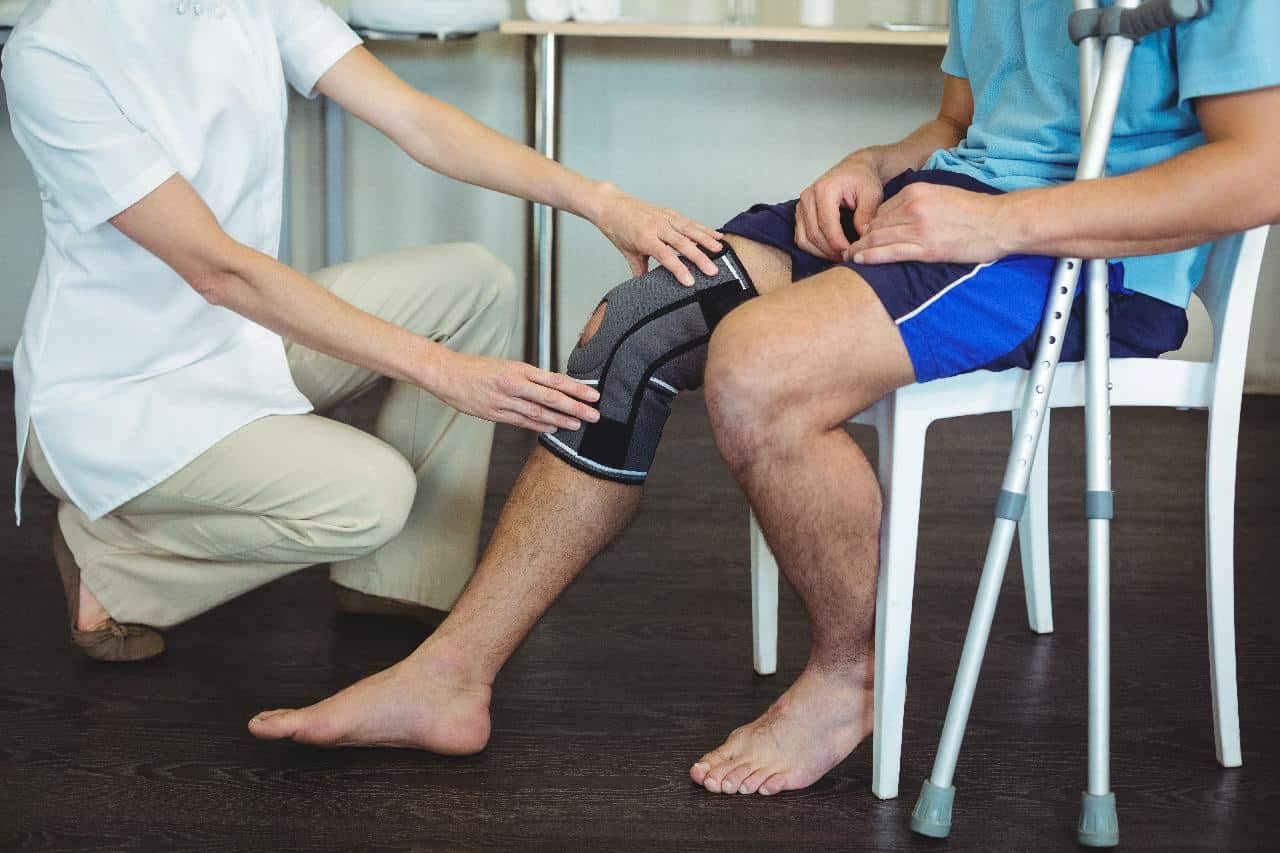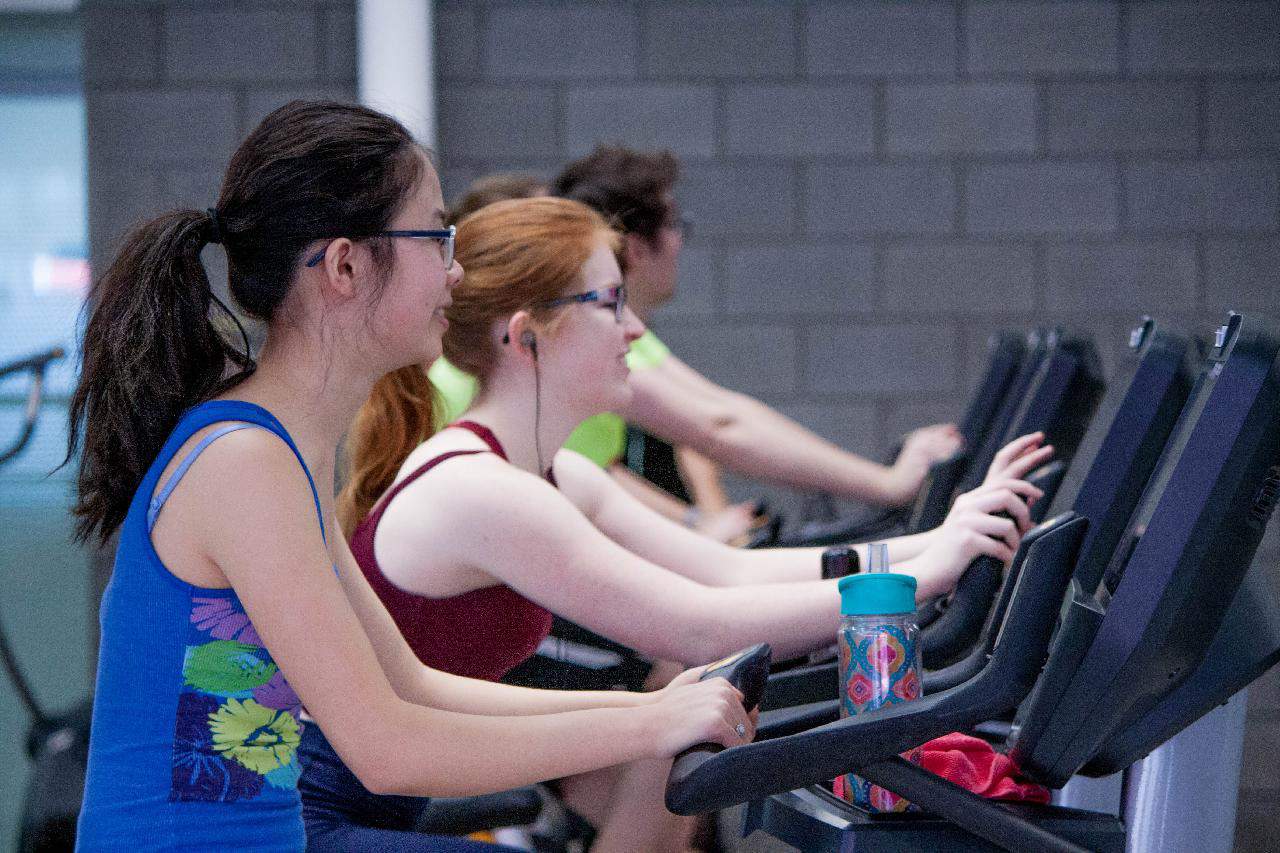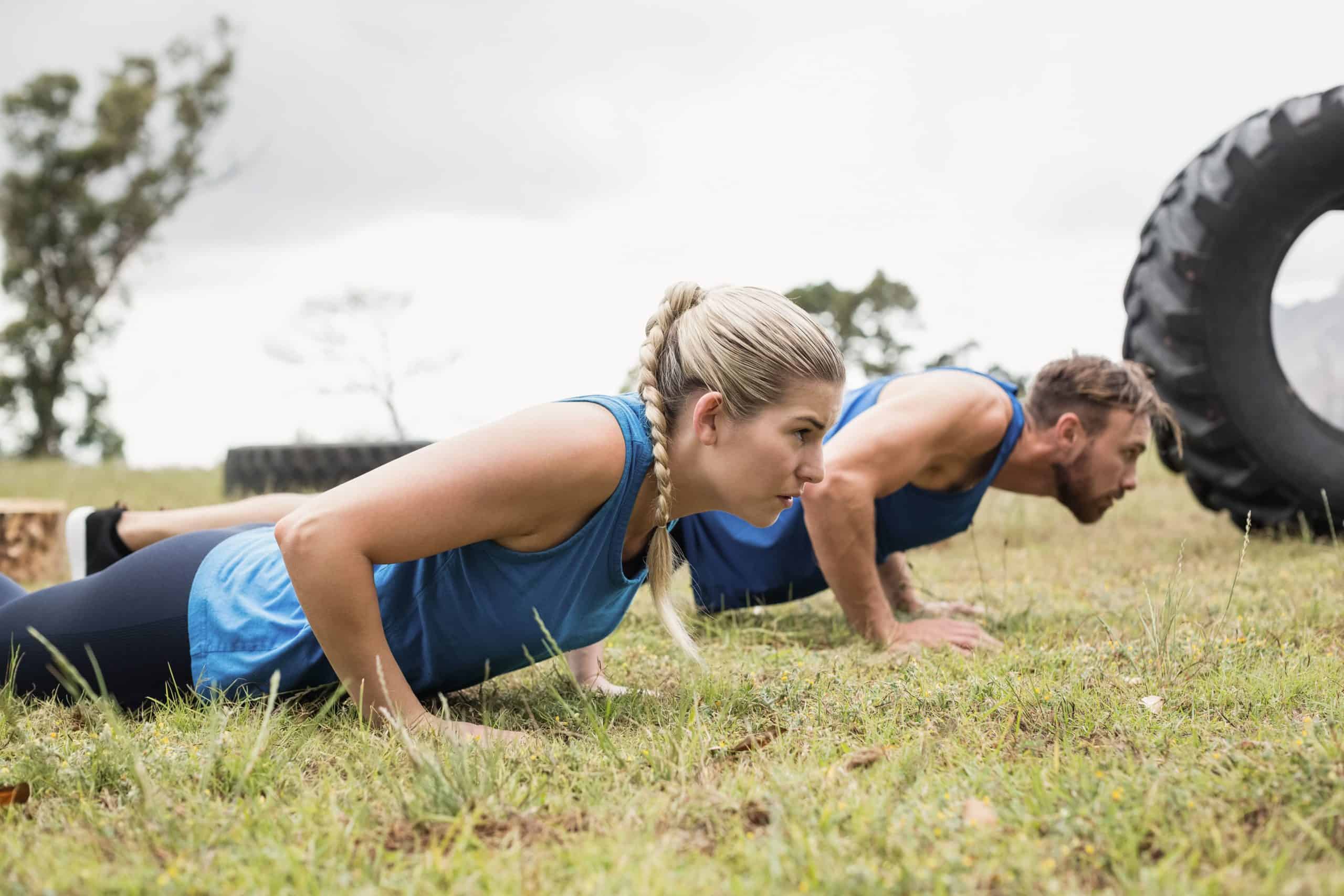Healthy Bones
Physiotherapists at Sandymount Physiotherapy can provide tailor made programmes to maintain or improve bone density. Exercises to improve bone density need to be load bearing and should involve some degree of impact. As adequate calcium and vitamin D are essential to maximise bone health your physiotherapy programme will include diet and life-style management advice.
OSTEOPOENIA/ OSTEOPOROSIS
Osteoporosis is a skeletal disorder charecterised by compromised bone strength predisposing to increased risk of fracture. Osteopoenia is the term used to describe diminishing bone density which may be a pre-cursor to Osteoporosis. Weight bearing exercise coupled with adequate calcium and vitamin D intake can improve bone density.
Bone strength is measured by a Dexa scan as X rays do not identify early bone density changes.
Bone health is mistakenly considered to be only an issue for women at menopause but bone health applies to everyone across our whole lifespan. Men lose bones later in life and women can lose 15% of bone density in 10 years around the menopause.
Bone health is mistakenly considered to be only an issue for women at menopause but bone health applies to everyone across our whole lifespan. Men lose bones later in life and women can lose 15% of bone density in 10 years around the menopause.
Women begin to start the menopausein their early 50’s and at this stage should consider having a scan.
Other factors which can lead to reduced bone strength and therefore indicate the need for a scan include history of fracture, low body mass index, longterm use of steroid medicines, current smoking, alcohol intake of 2 or more drinks/day and parental history of hip fracture. Too much caffine, consistantly drinking coffee, cola or some energy drinks can be bad for bone health.
Other medical condition such as Crohns disease and Celiac disease may inhibit absorption of nutrients and might be reasons to consider having a scan.
Sandymount Physiotherapy also provides Bone Health classes for small groups of people with the specific aim of increasing bone density .The class encorporates weight bearing exercise, weight resistance exercise and balance challanges .The classes include an education element to assist you to manage your diet and lifestyle in order to maximise bone health. Strong bones and good balance will minimise any risk of falling and so prevent fractures.
We accrue most of our bone mass in our late teens and early 20’s. Poor bone mass can lead to Osteoporosis in later life . Poor bone density leads to bone fragility and is associated with increased risk of fractures. Calcium, Vitamin D and Exercise are important in building and preserving healthy bones.
It is in and from our teenage years that we need to eat food rich in calcium and vitamin D. So Mum’s it is particularly important to encourage your figure conscious teenagers to eat chesse, yoghurt or drink a cup of milk daily .The skin makes vitamin D when exposed to sunlight so getting outside even in winter is important. Weight Bearing Exercise is vital in promoting bone healh and recent studies now tell us that walking alone is not enough.
